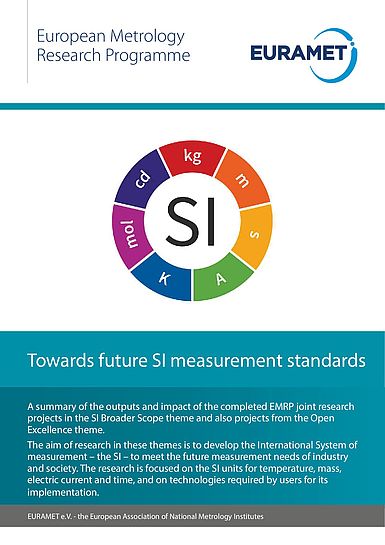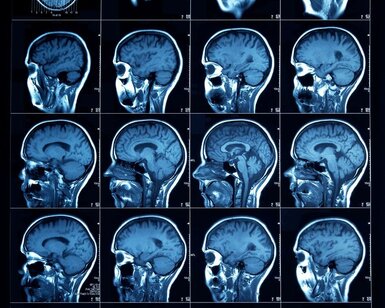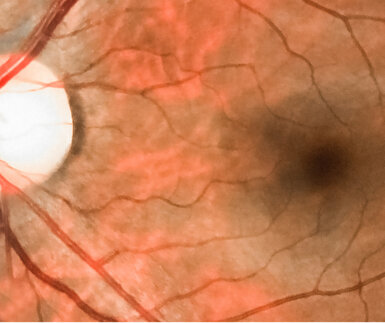Please type a search term (at least two characters)
News
New report: Fundamental measurement research on the SI and Open Excellence

Redefinition of the International System of Units will address global challenges in areas such as energy, environment and health
European manufacturers require reliable measurements that give the same answer wherever they are made. Accurate measurements, with traceability to international standards, provide an objective base for decision-making in development and production and provide a basis for global trade. The solution to global challenges such as moving to renewable energy, delivering high quality healthcare and protecting the environment are all dependent on a reliable and internationally agreed measurement infrastructure. This structure supports innovation, efficient manufacturing and fair trade, and underpins health, safety, security and protection of the environment.
Just a few weeks ago the International Committee for Weights and Measures submitted a resolution recommending the redefinition of four base units of the International System of Measurement – the SI: the kilogram, the ampere, the kelvin and the mole. The recommendations will go before the General Conference on Weights and Measures, which oversees the SI, for final worldwide agreement in November 2018. If the submission passes the vote, the four units will be based on exact values of four fundamental constants from 20 May 2019.
In 2010 EURAMET’s European Metrology Research Programme (EMRP) launched a call for research on the SI and open excellence. The aim of this EU funded research was to develop the SI to meet the future measurement needs of industry and society and to bring together the best scientists in Europe to explore new techniques that have not yet been applied in measurement science. Focus was placed on the SI units for temperature, mass, electric current and time, and on technologies required by users for its implementation.
The newly published impact report on ‘Metrology for SI Broader Scope’ (SIB) and ‘Metrology for Open Excellence’ contains examples of the key technical achievements, summarises the measurement challenges and explores new measurement capabilities developed as a result of collaborations of National Metrology Institutes and Designated Institutes within these EMRP projects.
In addition, the report focuses on how the projects contributed to the planned SI redefinition, preparations for implementing the revised SI, the development of practical realisations and traceability of measurement results.
As part of these EMRP themes, 28 research groups from 42 metrology institutes came together with academia and industry to work on 14 SIB projects and 4 Open Excellence projects, which combined the knowledge, expertise and facilities of Europe's measurement community to address global challenges in areas such as energy, environment and health.
The project partners publicised the metrological developments for electronic brachytherapy and were able to contribute to several standards more
EMPIR project established clinical procedures that allow use of traceable methodologies for molecular radiotherapy across Europe more
A small collaborative project aimed at extending knowledge in the field of eye tonometers has increased its impact more
Improving large-scale dimensional measurements for manufacturing more
From 2012 to 2016 the IEEE published standards for high-frequency waveguides. EMPIR NeWITT project supports their uptake more





